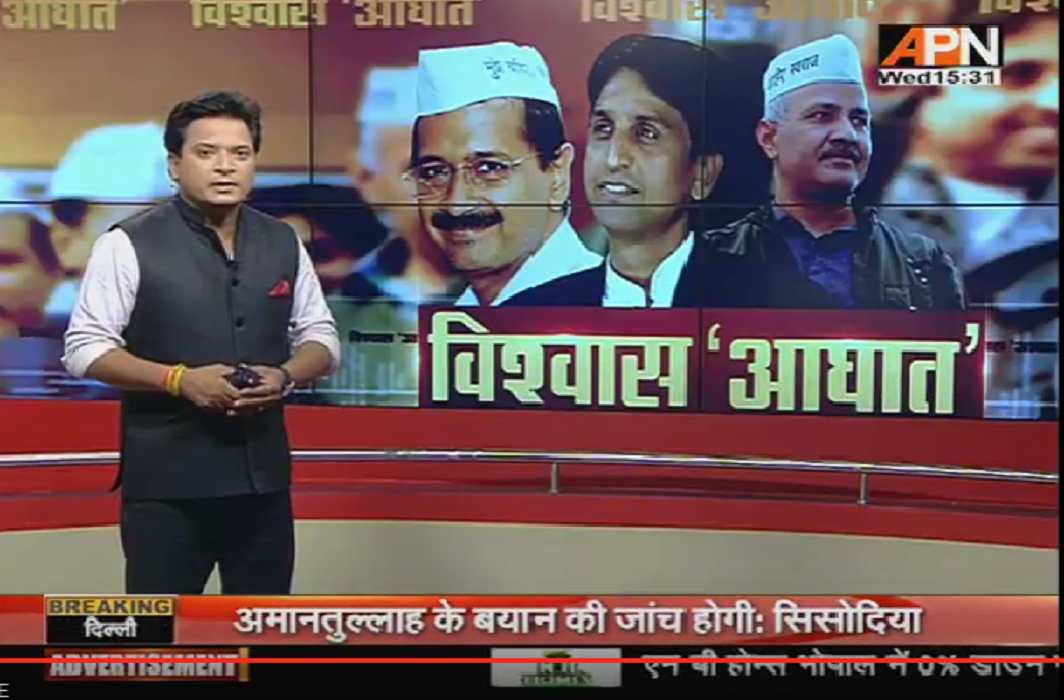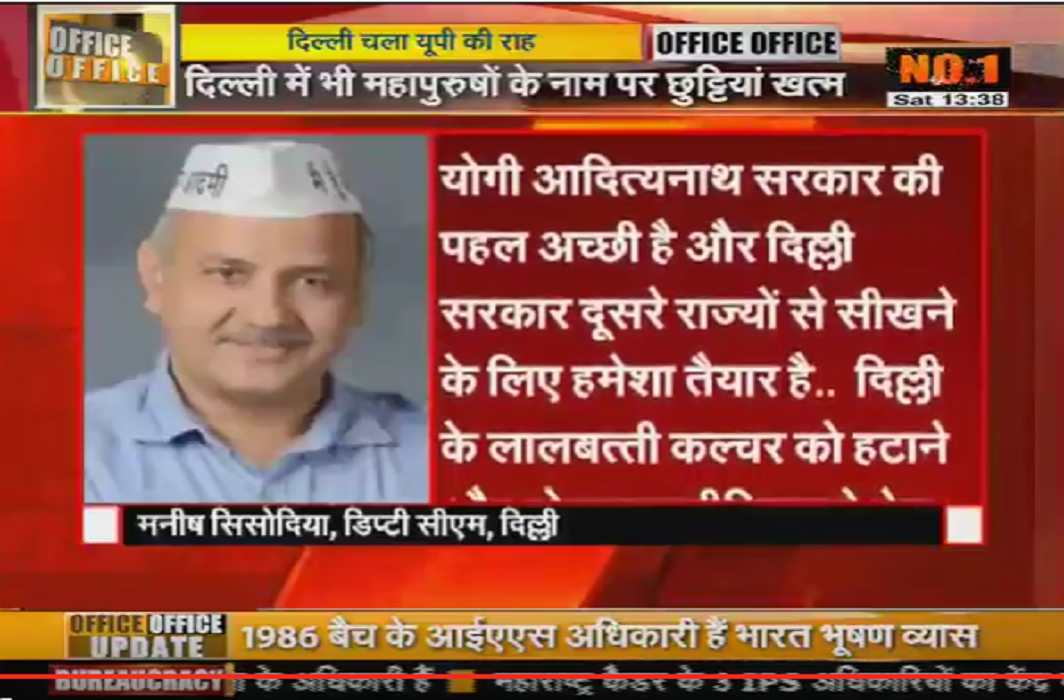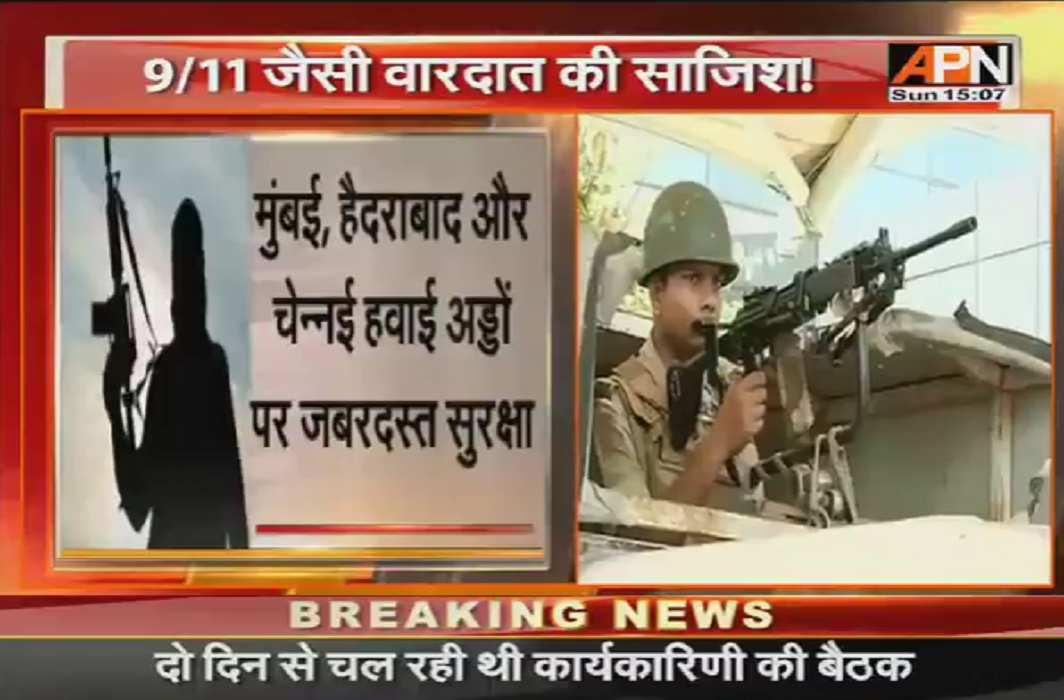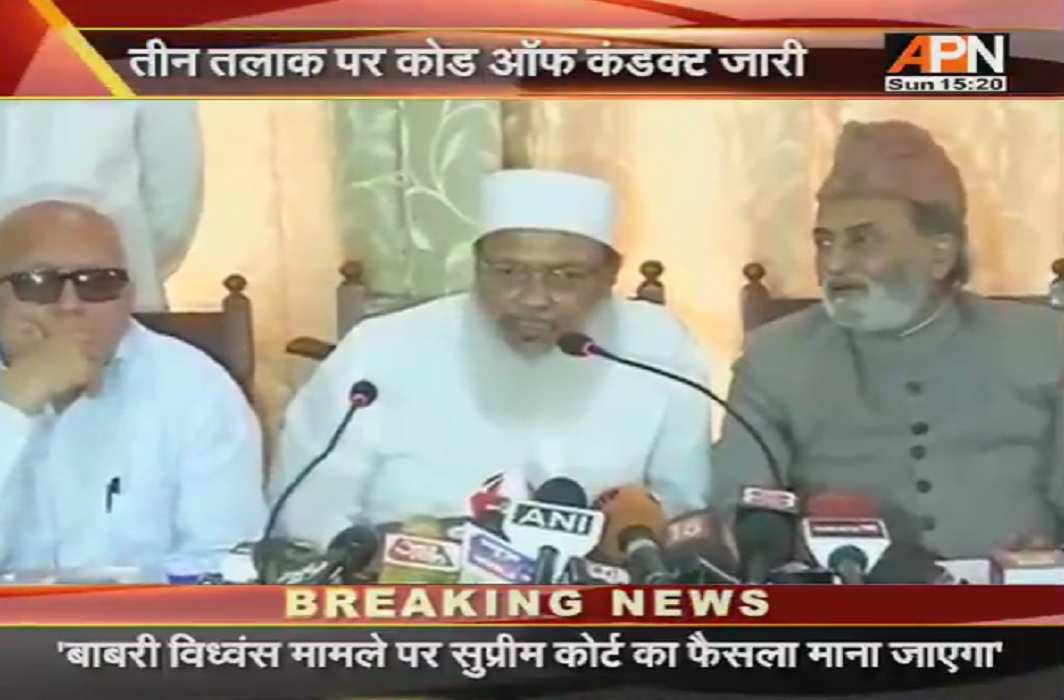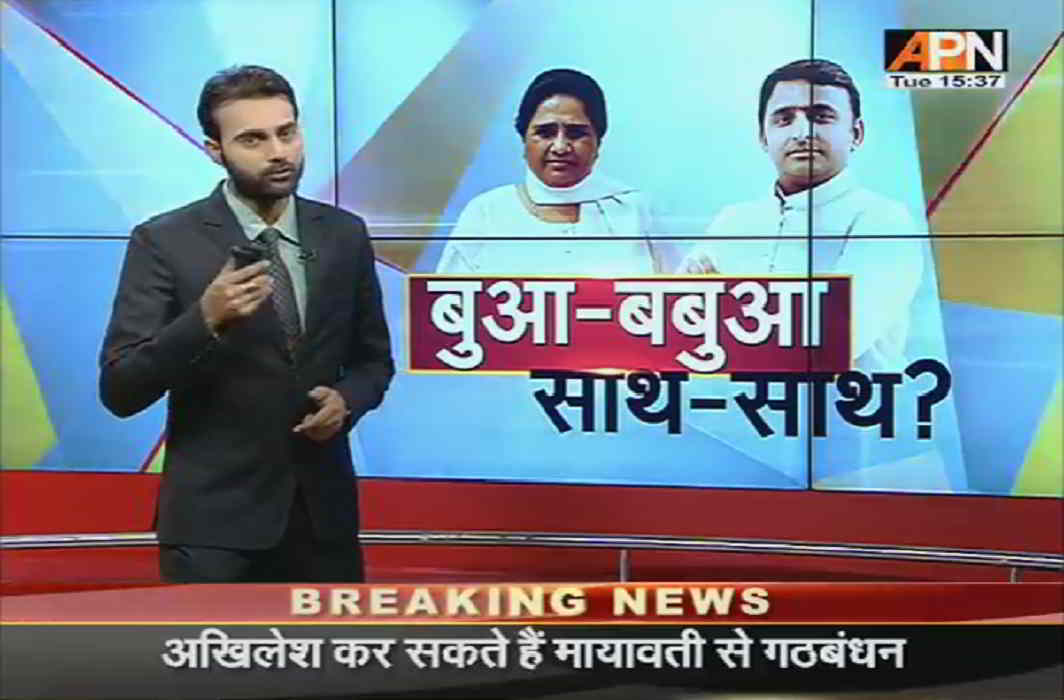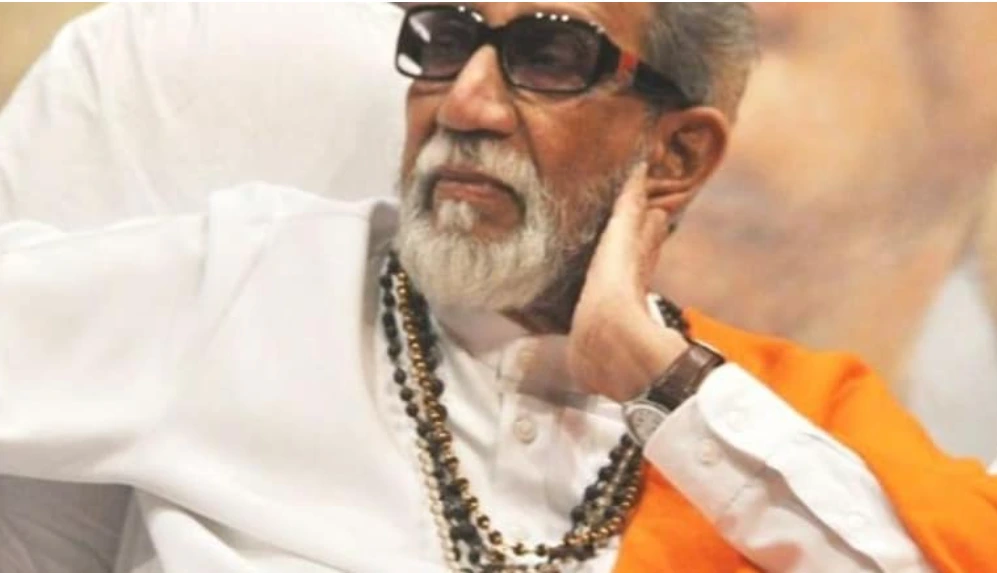[vc_row][vc_column][vc_column_text]Philosopher and Sanskrit scholar currently teaching at Ashoka University Dr Alex Watson locates atheism within Indian and Hindu religious thought in a freewheeling interview with Sucheta Dasgupta, post a stimulating session discussing atheistic traditions in the ancient world at the 2017 Jaipur Literature Fest.
What sparked your interest in the topic of atheism?
Well, actually, I’m not an expert on atheism. That is not my main area of research. The reason I was on the panel was that Tim Whitmarsh had written this book [Battling the Gods: Atheism in the Ancient World]. The panel is named after his book on atheism in ancient Greece and they wanted two people to talk about India to provide a site of comparison. They got me because I’m a professor of Indian philosophy, so I can give some accounts of atheism in the context of Indian philosophy and how much atheism there was amongst the different philosophical schools, what some of their arguments were.
Can you briefly describe the various Hindu schools of thought pertaining to atheism?
I suppose there are two different senses of atheism. The most thoroughgoing atheism is that of the Charvakas where they denied not only the existence of God but also many other things that atheists today also deny, like the afterlife or life after death, existence of the soul, anything supernatural, the efficacy of ritual, karma, samsara, moksha, nirvana, all of that was rejected by the Charvakas.
You also have Kapila’s Samkhyashastra, and there is another sage and thinker known for leading an atheist school called Ajita, as well.
Yes. Ajita is mentioned in the Pali canon, in a section of the Pali canon wherein one of the sermons of the Buddha is being recounted, and in that sermon the Buddha debates with various philosophers and ascetics and holy men of different traditions, and one of them is the person you just mentioned who puts forward his views about there being no life after death and no God. So that’s in a way one of the earliest references to these views. The word charvaka is not used that early but later on the word charvaka comes to be associated with…
That which is nicely spoken—charu vakya.
Yes, that’s the etymology but then it comes to be seen as a whole philosophical school which espouses many of these views which were articulated earlier too by people like Ajita. But Charvaka is only one school of atheists. Because apart from Charvaka there were many other philosophical darshanas which also rejected the idea that God is the creator of the universe.
For example?
For example, the Buddhists, the Jains, the Mimamsikas, Samkhya which is founded by Kapila… the Mimamsikas, for example, are very striking… this was a tradition based on interpreting the Vedas, a tradition which, in other ways, was very conservative, Brahmanical and believed in the power of Vedic ritual and yet they were atheistic, did not believe in creation of the universe by God and one of the most famous writers of this tradition was called Kumarila and he is writing at the end of the sixth century, beginning of the seventh century,and he wrote a very devastating critique of the existence of God, pointing out all sorts of difficulties with the idea of God and yet he was a Mimamsika, his tradition was in many ways most conservative and Brahmanical which believed in ritual and the power of Vedic ritual but was firmly atheistic.
We were just talking about cultural appropriation [in one of the talks at the lit fest]. Now, do you think that even inside the Indian culture, there has been a sort of appropriation of alternative traditions and cultures of thought as in the Hindutva which is being handed out to us is only one kind of a larger, much more ancient Hindutva, and so these various knowledges are being lost?
Yes. I’m not so familiar with modern India because I work with ancient India, but I think you are right, and that’s a pity for Sanskrit, it gets either totally rejected by modern-thinking, scientifically-minded people who think it is only about religion, or it gets claimed by the Hindutva right, but they focus on only one part of the Sanskrit literature, they don’t recognize the full diversity that we find in it.
As a counterpoise to this question, let me ask you another one. Hinduism, for instance, includes atheist schools of thought but Christianity does not, neither does Islam. So, as a thinking person, if someone philosophically arrives at atheism, they can no longer be Muslim or Christian, even if they were born into the faith. Now do you think these religions should evolve to make room for atheism?
Well, I think there may be less contradiction between being a Hindu and being an atheist at first than, say, between being a Christian and an atheist or a Muslim and an atheist, but if the term denotes not just the religion but also the culture then there is no contradiction. So many people refer to themselves as atheistic Jews because the term Jew, in one of its meanings, refers culturally to people who adopt Jewish habits rather than people who adopt belief in a Jewish God.
Who are the main icons of atheism in the West?
There are quite a few, actually, Richard Dawkins, for one, and Christopher Hitchens. But I think that atheism can sometimes be just as dogmatic as theism. A few years ago, the BBC wanted to make a TV programme about a biologist called Rupert Sheldrake. Sheldrake has won many prizes for his work but he is also a little outside the mainstream of science. He is working with a slightly different paradigm from other scientists and Richard Dawkins said that he would never make another programme with the BBC if they made a programme with Sheldrake. So you can see that atheists can be just as dogmatic as theists.
You are right, Alex. What has your own work mainly focused on?
All of my work is about debates in ancient India between Buddhists, Shaivas, Charvakas, Nyaya, Mimamsa—that’s the general outline of my research. My first book [The Self’s Awareness of Itself] is about self, in Sanskrit atman, and a lot of debates about the atman—what is the nature of the atman, is there such a thing as the atman because the Buddhists denied the existence of atman. It was at the core of Buddhism, the doctrine of no self, anatmavada, and that was a huge point of contention between Buddhists and the various schools of Hinduism such as Shaivism, Nyaya, Mimamsa. And my second book was about different theories of moksha. The main part of it is a translation of a Sanskrit text that has never been translated before and in that Sanskrit text there are 20 different theories about moksha. What is moksha, what happens to the soul if they attain moksha.
Can you share with us the name of the text?
The Sanskrit name of the text is Paramokshanirasakarikavritti. And the name of that book? I co-wrote it with two people—Anjaneya Sharma and Dominic Goodall. And our book is called An Enquiry into the Nature of Liberation.
What is your next book going to be on?
I might make my next book on the philosophy of religion in India. I have been working on translating a text by Jayantabhatta who was a Kashmiri and both a philosopher and a playwright. What makes his work very interesting is that he is not just a philosopher, he also writes extremely beautiful Sanskrit; he is a poet. Besides philosophical texts, he wrote plays and verse.
What time period is he from?
He was writing at the end of the ninth century in Kashmir.
Was he a Shaiva?
He was a nyayaika. But he was a Shaiva as well. He had personal devotion to Shiva. His philosophy was nyaya. So he was actually both a Shaiva and a nyayaika.
Shaivism used to be big in Kashmir during those times.
Yes. Very much so. There were two traditions of Shaivism—and two branches of Kashmir Shaivism. There was non-dualistic Shaivism which is the tradition of Somananda, Abhinavagupta, Utpaladeva, Kshemaraja—that’s what people usually refer to when they talk of Kashmir Shaivism. There was also a tradition of Shaiva Siddhanta which now survives only in Tamil-speaking south India but at that time it existed all over India and in Kashmir as well, and Jayantabhatta was more in favour of this Shaiva Siddhanta and dualistic Shaivism. Jayanta is a wonderful writer to read, partly because his Sanskrit is so beautiful, partly because he was such a good philosopher and a clear thinker, partly because he had such a great sense of humour—there are lots of jokes in his philosophical texts, and partly because he is very fair to his opponents. His own position is usually Nyaya but he factors everything in.
And this is quite normal for the genre of philosophy and Sanskrit he is located in. In Western philosophy, the author just starts on page one and spends 250 pages giving their own view, but in Sanskrit philosophy, the author will begin giving their own view on one page and then they will think, okay, how would some opponent of mine disagree with this? How would a Charvaka disagree with me? So they imagine what a Charvaka would say in response and they articulate those objections against their own position and they answer those positions and for five pages they go back and forth, arguing with the Charvaka and when they feel they have defeated the Charvaka they will introduce a speaker from Mimamsa and introduce some objections to their own views from Mimamsa, this is the way that Jayanta’s text works, and he puts very strong arguments in the mouth of his opponents, so if you want to learn about Buddhism or Mimamsa, you will do very well to read Jayanta, even though he didn’t belong to those traditions.
My next book will probably be about him and I might focus on the section of his text that’s to do with God, his discussions on God, whether God exists.
Where do you teach?
I teach at Ashoka University in Sonepat in Haryana. Before that, I was a Sanskrit lecturer in Harvard. I gave up that job to come to India and teach in India. I love India and my wife loves India, we were looking for somewhere to teach in India, and Ashoka University is a great university. It’s only three years old but it has already achieved great things.
And that’s great to hear. So here’s a question for you in a lighter vein—what do you do for recreation?
For recreation, I like to listen to music, read novels and go for walks in the beautiful countryside.[/vc_column_text][/vc_column][/vc_row]
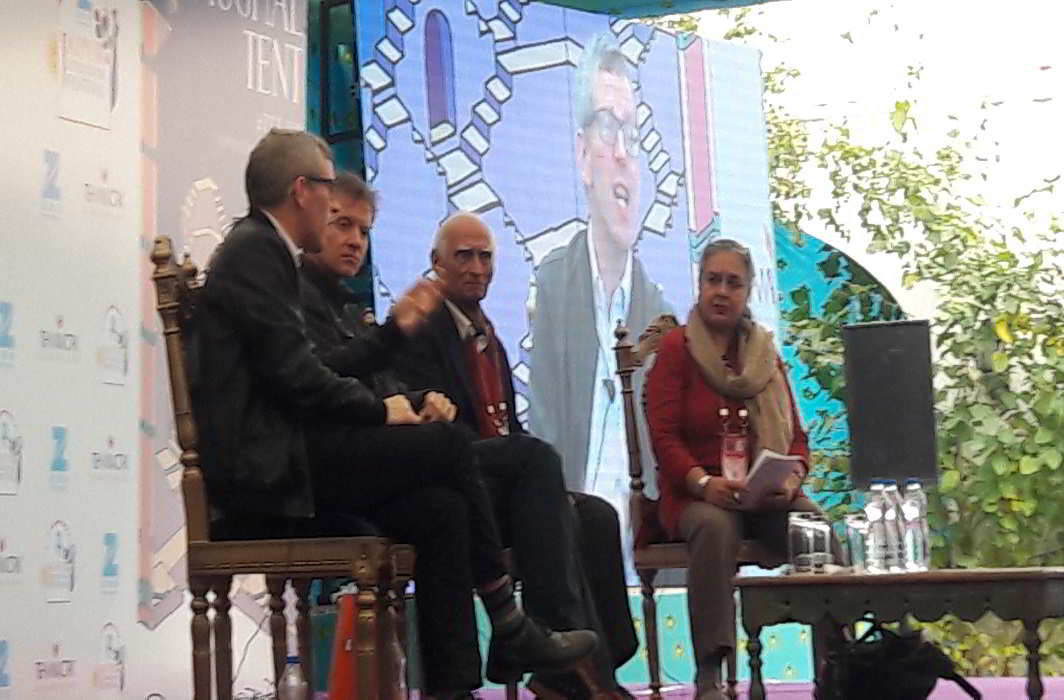

 India News13 hours ago
India News13 hours ago
 Latest world news13 hours ago
Latest world news13 hours ago
 India News13 hours ago
India News13 hours ago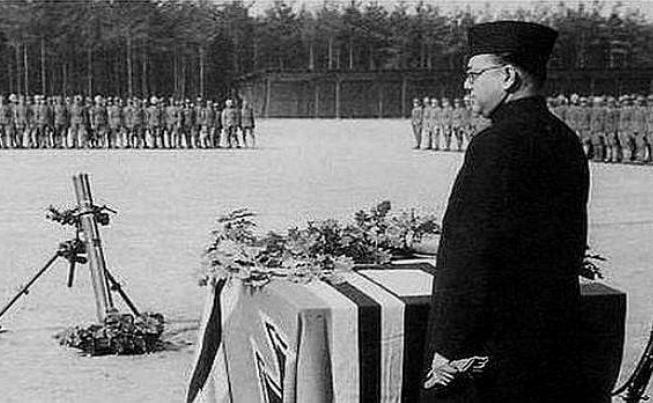
 India News13 hours ago
India News13 hours ago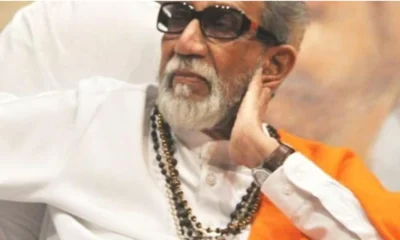
 India News13 hours ago
India News13 hours ago
 Latest world news4 hours ago
Latest world news4 hours ago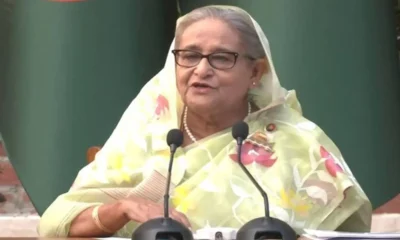
 Latest world news3 hours ago
Latest world news3 hours ago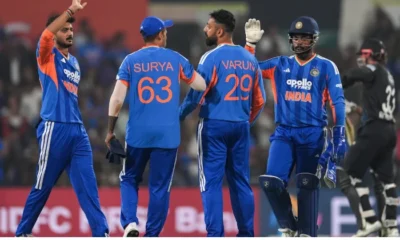
 Cricket news2 hours ago
Cricket news2 hours ago

